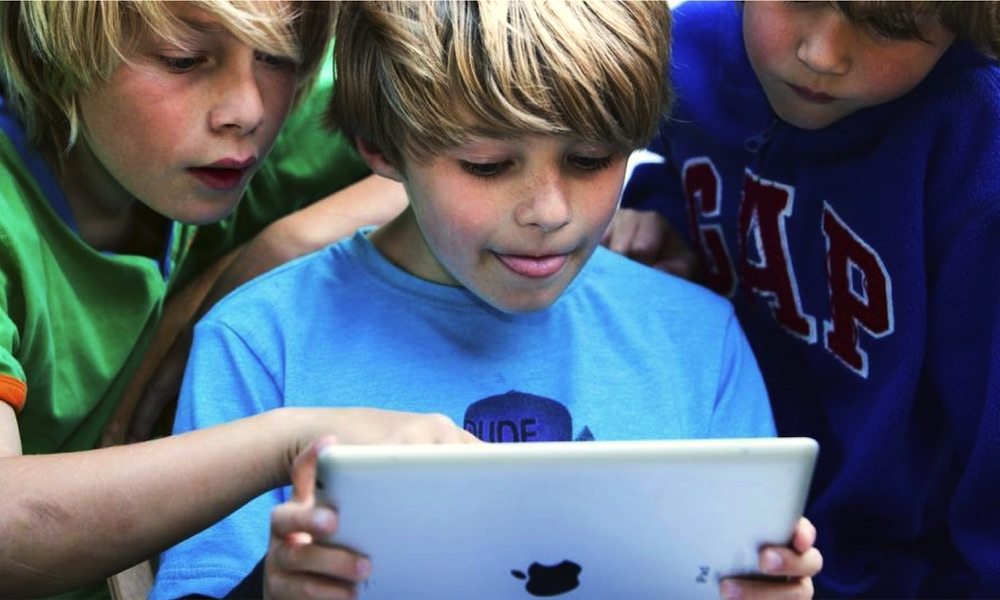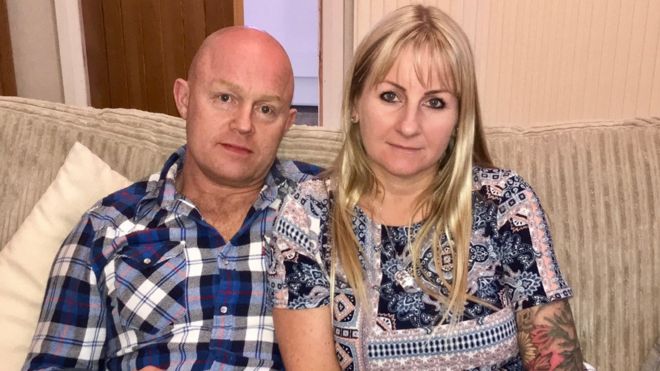Apple Offers Refund After Boy Spends $6,350 in iPad Game

Toggle Dark Mode
Roy and Jill Dobson of Chorley in Lancashire, United Kingdom, are your typical conservative-minded parents and when their 11-year-old son, Alfie, wants to play on his iPad they know well and good that too much screen-time isn’t a good thing, which is why they only allow little Alfie to play with his tablet on the weekends.
Nevertheless, the couple was awestruck when over the course of just two weekends Alfie unwittingly managed to rack up over £6,000 ($6,350) playing games on his iPad, which had been set-up by his parents and connected with the family’s account — and coincidentally, Roy Dobson’s credit card — via the iTunes “Family Sharing” feature. According to the original report published by BBC, Alfie was unknowingly able to rack up over 50 individual transactions at approximately £99 ($105) apiece.

“It’s scary,” said Jill Dobson. “He said the game was that good he couldn’t stop, but he only thought he pressed it a few times.”
“It was just to get better in the game, there’s nothing to show for it, I didn’t even know you could buy things for £99,” added Alfie’s father, Roy Dobson, who said that “The first time he spent £700 in less than five minutes, then £1,100 in half an hour and it just racked up and racked up, all on the same game.”
Both elder Dobson’s said that while they’ve previously allowed Alfie to purchase things on his iPad for around £1.50 apiece, he has always been required to ask them for permission before doing so.
According to U.K.-based game journalist, Guy Cocker, the majority of games on mobile were at one time available for a flat fee — for example, a one-time buy-in price of $8 or $10 — but over time, game developers realized they could make more money by offering the games for free, while instead charging players more incremental prices for in-app purchases, which would unlock certain things like power-ups, level-ups, coins, tokens, or a variety of other game-specific commodities.
“They are called micro-transactions as they usually cost a matter of pence,” Crocker said, while cautioning that “It’s completely feasible that someone could spend a lot of money unlocking items.”
Fortunately for the Dobson’s, Apple has agreed to issue a refund for the full amount. And while the company stopped short of providing further comment on this case, it did mention how Apple currently has a number of parental control features that parents can employ to protect their youngsters from racking up unauthorized purchases. For example, parents can require a passcode or Touch ID authorization before each purchase — although doing so hasn’t always been a fool-proof deterrent, unfortunately.






